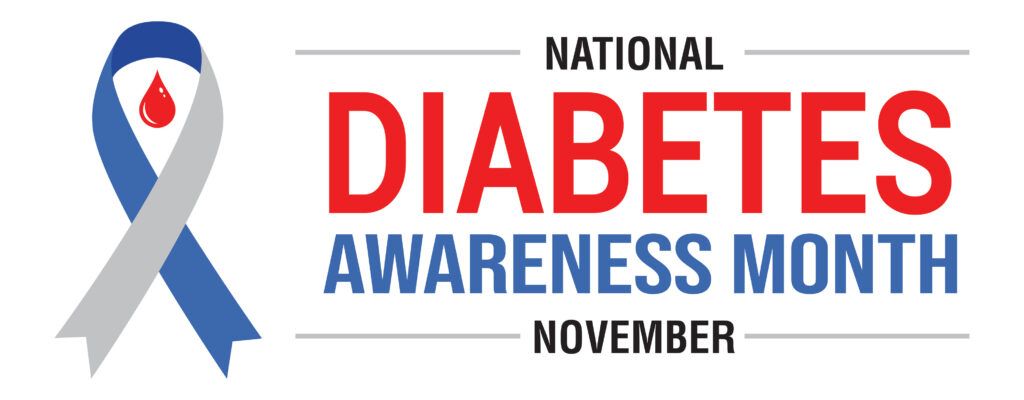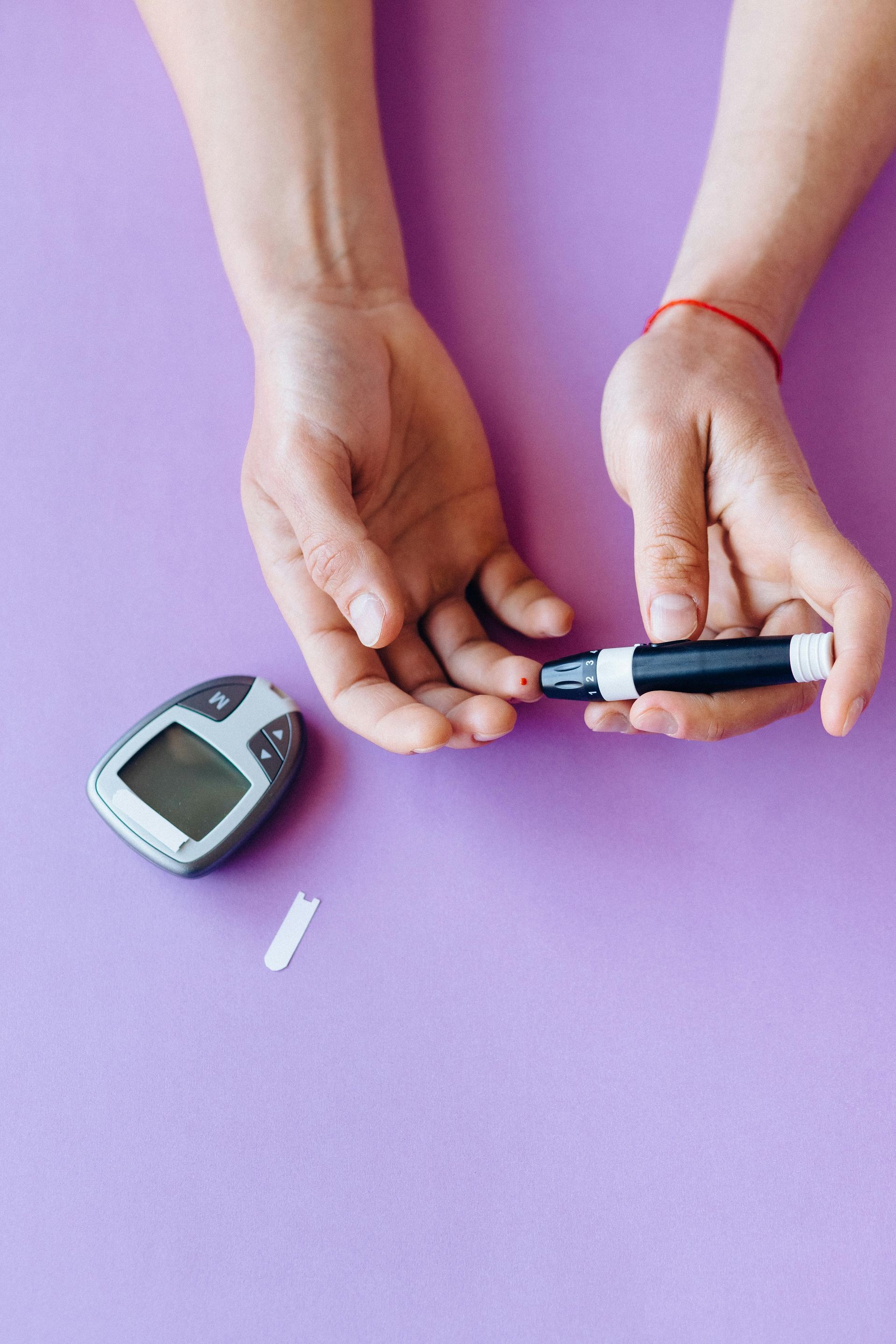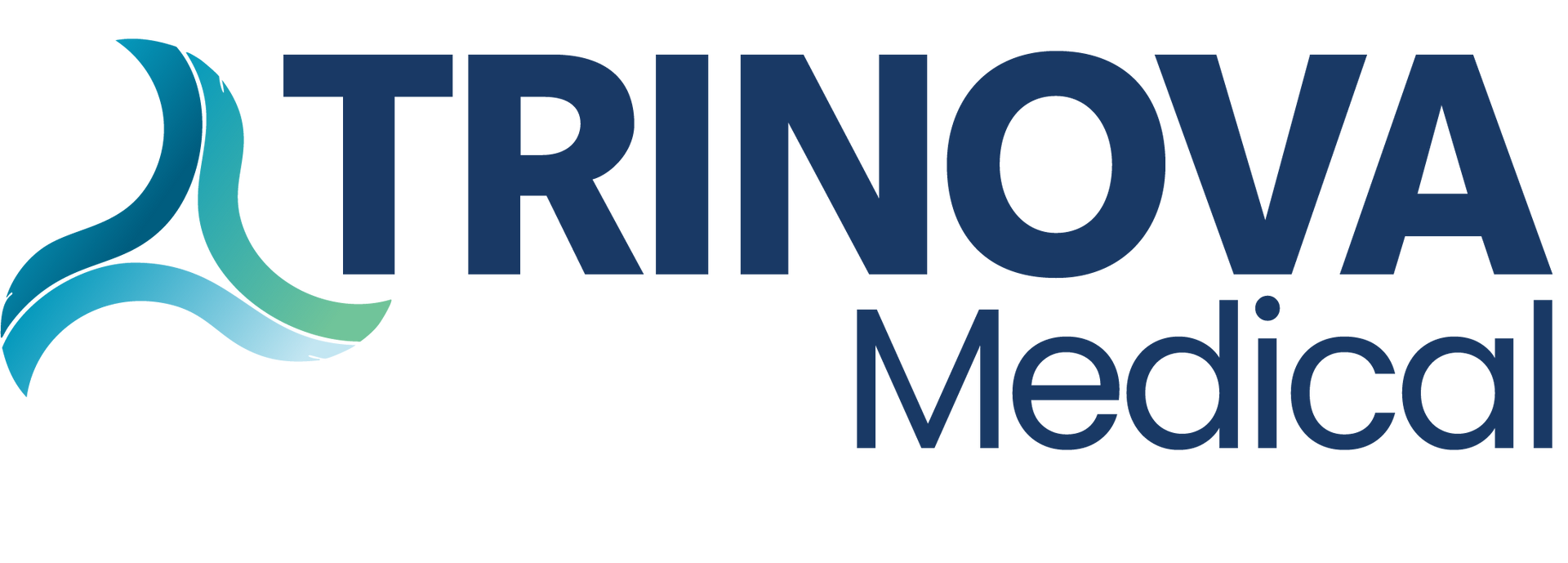November 11, 2025
Diabetes Awareness Month 2025: Know Your Risk, Take Control, and Act Early

Whether you have been screened before or have not thought much about it, this is your invitation to take control. Diabetes often develops quietly, but its impact can be serious. The good news is that awareness and early action make all the difference.
You are smarter than the system gives you credit for, and this November you have a chance to use that knowledge to protect your health. Let’s walk through five clear, practical steps toward awareness, prevention, and action.
1. Check Your Numbers Sooner, Not Later
Ask your healthcare provider for an A1C test, which measures your average blood sugar over the past 2–3 months. It is more reliable than a single glucose check and provides a clearer picture of your overall health.
In the United States, about 38.4 million people or 11.6% of the population had diabetes in 2021. Millions more had prediabetes, including 97.6 million adults that same year.
You have the right to ask for a screening test, especially if you have risk factors or have not been tested in over a year.
2. Understand the Risk Factors and Why They Affect So Many
It is not just about age. While older adults are more at risk, younger people are increasingly affected due to genetics, lifestyle habits, and barriers to preventive care.
Rates also vary by ethnicity. For example, diagnosed diabetes among U.S. adults was about 17.4% for non-Hispanic Black adults and 13.6% for non-Hispanic White adults in recent data.
Why pay attention now? Because diabetes is a leading cause of kidney failure, lower-limb amputations, and adult blindness, and it doubles the risk of heart disease and stroke.
3. Turn Routine Checkups into a Power Move
Your next healthcare visit is more than a formality. It is an opportunity to check in with your health story.
Ask your provider:
- Can we check my A1C today so I know where I stand?
- What lifestyle supports do you recommend if my result is high or borderline?
Remember, diabetes can be silent for years. Feeling fine does not always mean everything is fine. Early detection helps prevent major complications down the road.
4. Build Momentum with One Lifestyle Change at a Time
Prevention and management of diabetes are rooted in daily habits. The key is to start small and stay consistent.
- Increase movement: Try a 20-minute brisk walk, three to five times a week.
- Improve meals: Add more vegetables, reduce refined carbohydrates, and skip sugary drinks.
- Monitor your body: Check your feet for cuts, pay attention to vision changes, and track your blood pressure.
More than one in three U.S. adults have prediabetes. Awareness is your starting point; action keeps you moving.
5. Stay on the Journey: Track, Review, and Adjust
This is not a one-time effort; it is a long-term investment in your health.
Keep a simple log of key numbers like A1C, blood pressure, and weight every six to twelve months. Review your results. Did your A1C improve or rise? What can you adjust?
If your test falls in the prediabetes or diabetes range, take it seriously. Early action can delay or prevent complications.
Use national awareness campaigns as reminders, not background noise.
Taking Control Starts Now
You now have the facts, the roadmap, and the power to act. Diabetes does not have to catch you off guard. You are not a passive passenger in your health journey.
With one screening, one small habit, and one intentional question at your next appointment, you can shift from uncertainty to control.
This November, during Diabetes Awareness Month, step into that power. Schedule your test. Commit to a change. Take action today.
___
Trinova Medical provides patient-focused primary care in Pensacola, FL, featuring coordinated care teams, convenient scheduling, and round-the-clock provider access for all your healthcare needs. Our specialized Trinova 65+ program offers seniors comprehensive medication management, dedicated care coordination, and personalized health assessments designed specifically for older adults. We're committed to listening, caring, and partnering with you on your health journey. Call (850) 848-9500 for more information.
Disclaimer: The content on this blog is intended for informational and educational purposes only. It should not be used as a substitute for professional medical advice. Always consult with your healthcare provider regarding any health-related questions or concerns.











